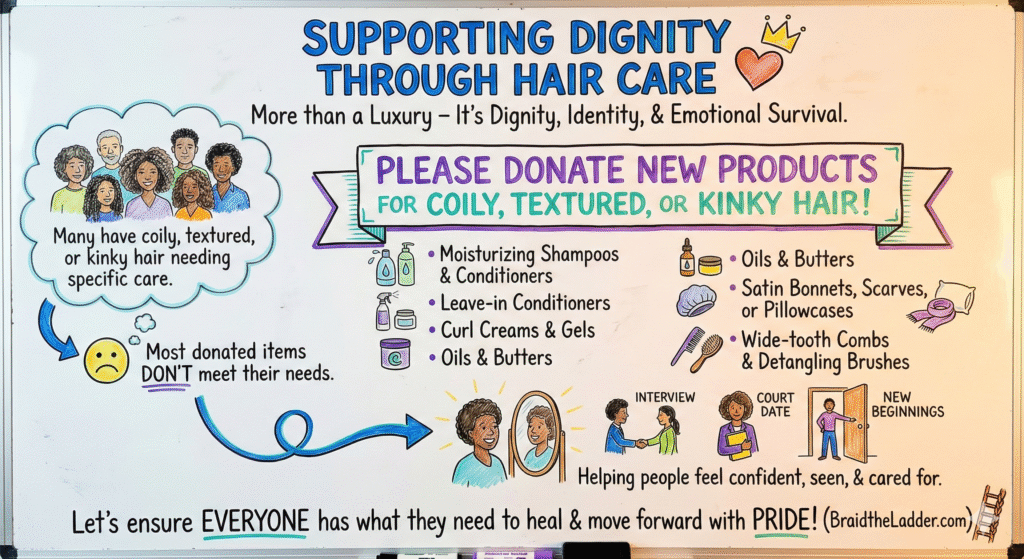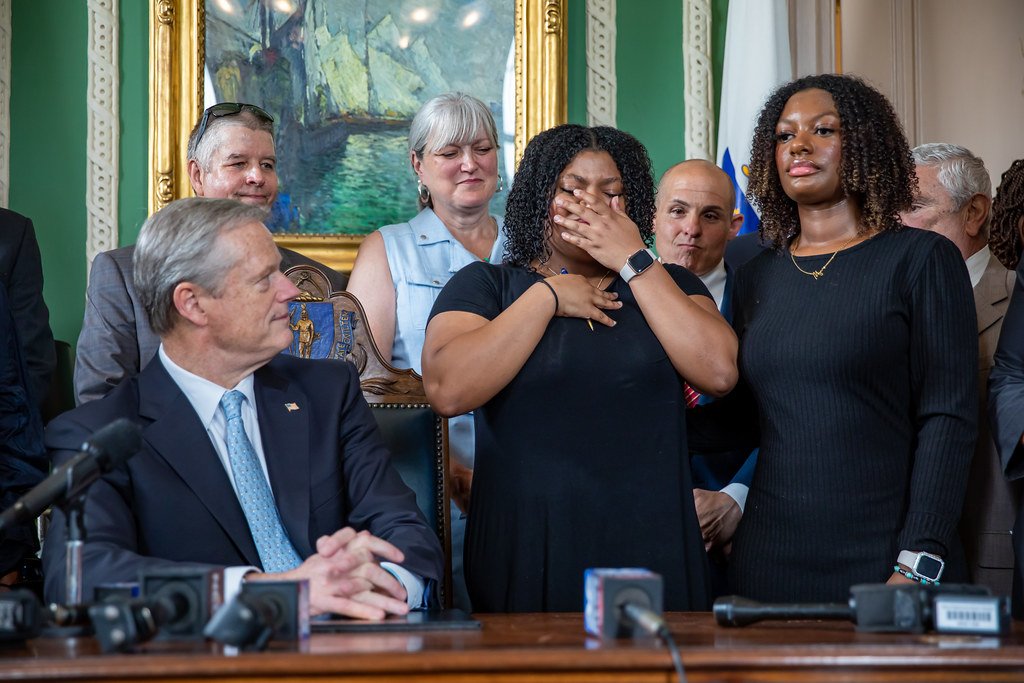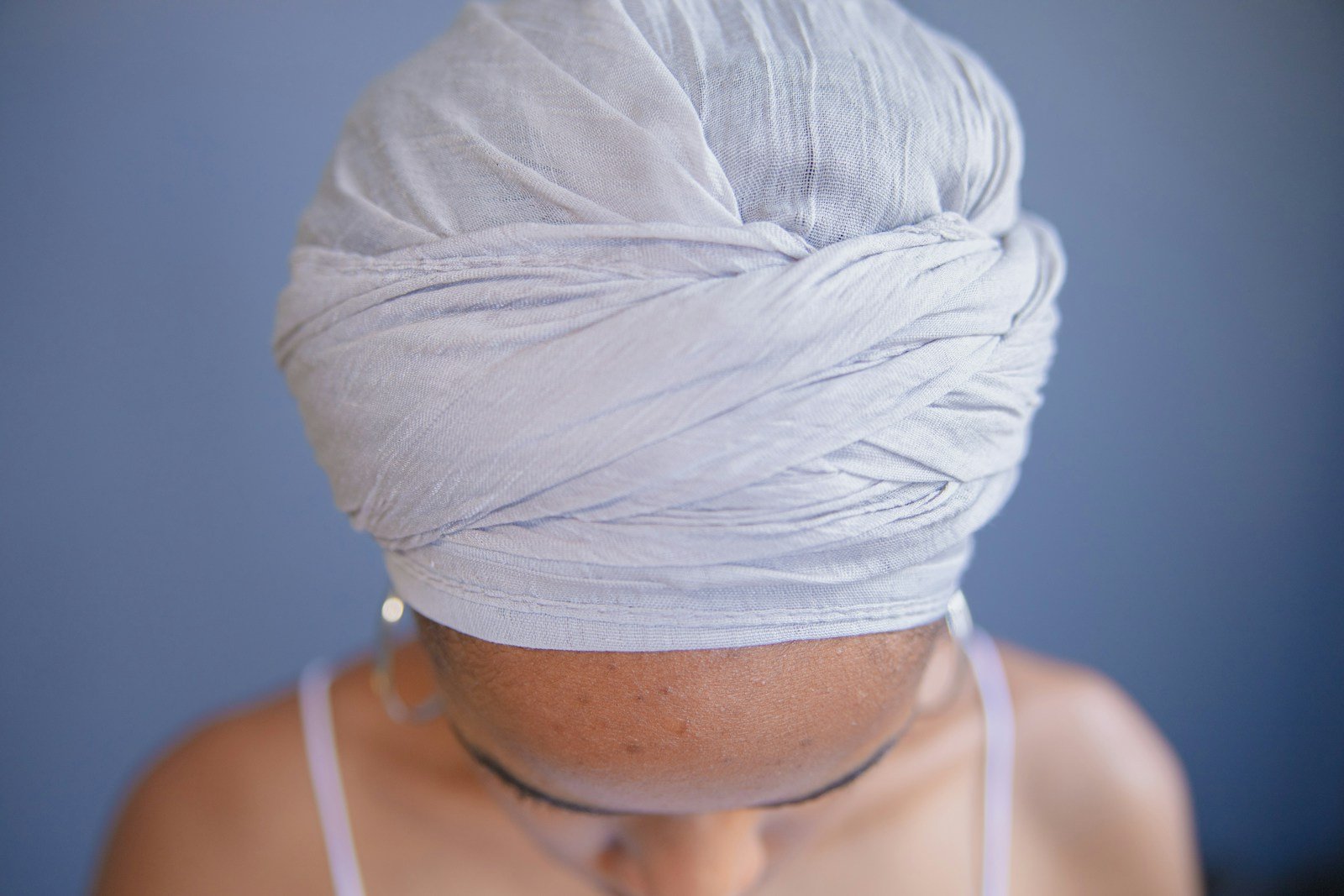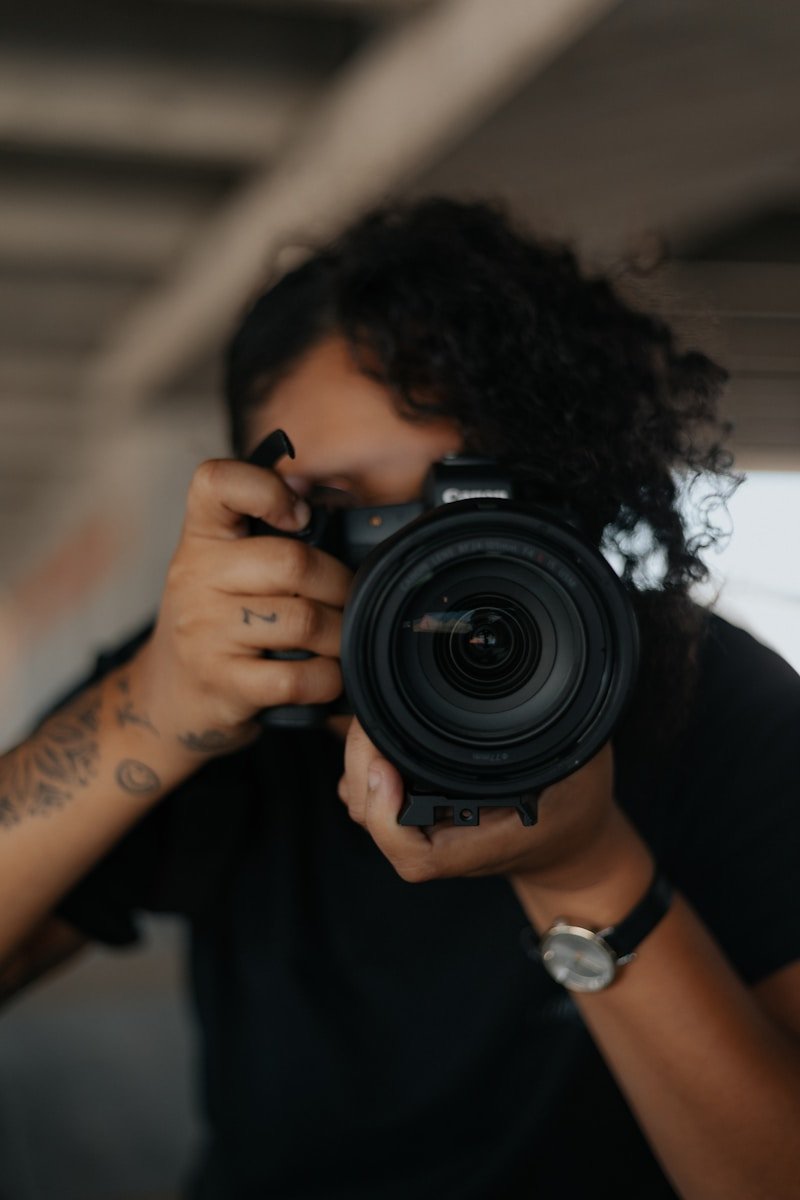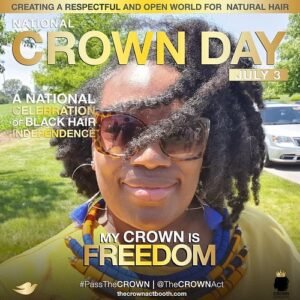To the Black Girls Finding Their Way: You Are Not the Burden. The Marketplace That Exploits You Is.
Black girls deserve softness.
Black girls deserve ease.
Black girls deserve care that doesn’t come with a penalty attached.
But when it comes to hair care, the world often hands us the opposite.
You’re told your routine is “too much.”
Your products are “too expensive.”
Your hair care is “too complicated.”
Your needs are “extra.”
And when you push back, when you say, “My hair is different. My hair needs something specific,”
the response is often a dismissive:
“Hair is hair.”
“Those other products work too.”
“You’re just being picky.”
But you are not the burden.
The marketplace that refuses to understand your hair is.
1. Your Hair Has Diversity — The Market Pretends It Doesn’t
Afro-textured hair is not one thing.
It is a spectrum.
A universe.
Tight coils.
Loose spirals.
Cottony strands.
Zig-zag patterns.
Multiple textures on a single head.
Some strands shrink instantly.
Some strands stretch for days.
Some strands crave moisture.
Some strands repel it.
Black girls have been saying this forever.
The people who listen — understand.
The people who don’t — make products that fail you and then blame you for the failure.
2. “Those Other Products Work Too” Is Not the Answer
Cheap products made for straight or loosely waved hair rarely nourish Afro-textured strands.
They dry.
They strip.
They irritate.
They damage.
And when Black girls say, “This doesn’t work for me,”
the world often responds with impatience, not understanding.
You are not difficult.
You are not “addicted to products.”
You are not asking for too much.
You are asking for what actually works for your hair.
That is basic dignity.
Not luxury.
3. You Are Not a “Product Junkie” — You Are a Problem Solver
Black girls spend years experimenting because:
- Formulas change without warning
- Products for us get discontinued
- Some brands cheap out on ingredients
- Many low-cost options cause long-term damage
- One curl pattern can behave differently depending on season, medication, stress, or water quality
You’re not collecting bottles out of confusion.
You’re collecting bottles because you’ve been abandoned by an industry that never centered your needs to begin with.
Your search is not excess.
Your search is intelligence.
Observation.
Adaptation.
Self-learning.
And you should never be shamed for that.
4. The Real Problem Is the Marketplace — Not You
Corporations know Black women:
- spend more on hair care
- buy products more frequently
- pass down hair wisdom through generations
- invest in our daughters’ hair health early
- are loyal to brands that honor us
- care deeply about our scalp, edges, and culture
And instead of respecting this,
the industry has often chosen to exploit it.
By:
- limiting shelf space
- marking up essential products
- treating our haircare as “specialty”
- cutting corners on safe ingredients
- feeding us harsh chemicals
- ignoring our feedback
- copying our styles but not our concerns
- profiting off us while refusing to protect us
This is not your doing.
This is theirs.
You are not the burden.
The marketplace is.
5. You Deserve Softness, Support, and Affordable Care
Black girls should have:
- conditioners that don’t cost $17
- curl creams that respect our textures
- safe ingredients
- brands that don’t disappear overnight
- shelves filled with options
- brushes and tools that won’t tear our crowns
- gentle detanglers
- moisturizers that don’t break the bank
- products that reflect our diversity, not erase it
Your hair deserves peace.
Not punishment.
6. To the Black Girls Managing Hypervisibility: I See You
The world sees you.
Copies you.
Mocks you.
Markets you.
Dismisses you.
Studies you.
Follows your trends.
Uses your imagery.
And still tells you your hair is “too much.”
You are carrying more than most people realize.
But here is the truth:
Your hair is a miracle.
Your hair is an inheritance.
Your hair is a language.
Your hair is a legacy.
And your daily care is not overthinking —
it’s sacred maintenance of who you are.
7. You Are Not the Problem. You Are the Blueprint.
You are the creativity the world copies.
You are the culture they imitate.
You are the standard they pretend not to see.
You are the origin they refuse to credit.
And your hair — with its coils, curls, textures, and brilliance — is not complicated.
It is simply misunderstood by those who never cared to learn.
The higher costs, the scarcity, the bias, the dismissive comments —
none of that is your failure.
It is the system’s failure.
The industry’s failure.
The marketplace’s failure.
And you deserve better.
To Every Black Girl Reading This:
You are not being dramatic.
You are not asking for luxury.
You are not “doing too much.”
You are not high-maintenance.
You are not difficult.
You are not inconvenient.
You are sacred.
You are learning.
You are experimenting.
You are adapting.
You are caring for your crown with skill, patience, and wisdom.
And you deserve hair care that honors your beauty —
not punishes it.
